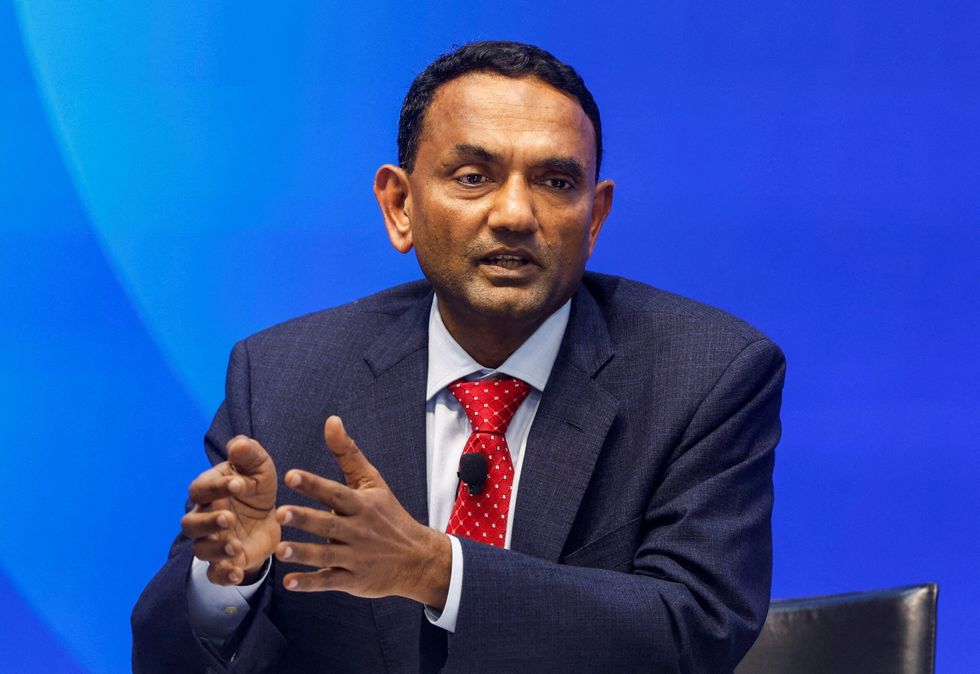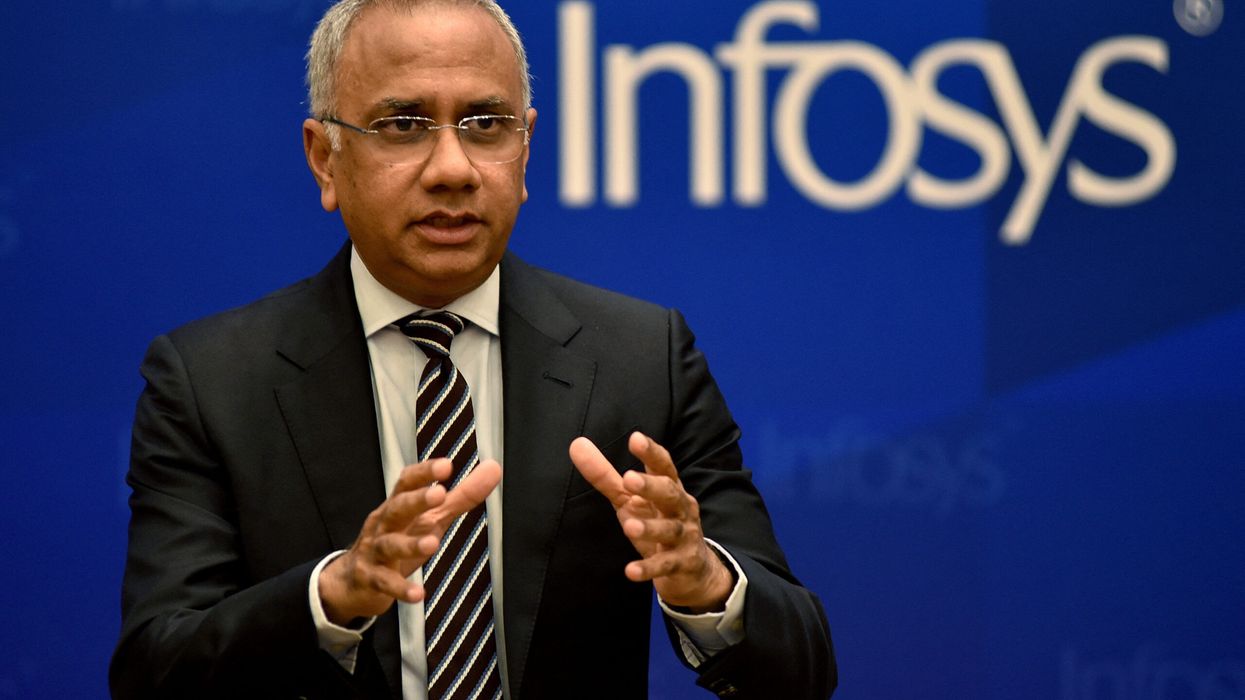INFORMATION technology firms TCS and Infosys, both signalled weak revenue growth in quarterly results last Thursday (11) as a slowdown in client spending deepened a seasonally weak time for the sector.
Both companies, the second and fifth-biggest in India by market cap, respectively, earn more than 80 per cent of their revenue from western markets and each benefited from a digital services boom during the Covid pandemic.
But both have since seen demand taper as customers cut back on tech spending due to higher inflation and an uncertain global economic outlook.
Revenue from TCS operations was ₹605.8 billion (£5.80bn) for the December quarter - a four per cent on-year increase that represents its lowest revenue growth figure in two years.
Net profit rose nearly two per cent on-year in the period to reach ₹110.6bn (£1bn) – a figure dampened by a £98.95 million legal settlement.
The results were slightly above most analyst estimates, and the Mumbai-based firm’s British business was up 8.1 per cent to pare a three per cent decline in North American market revenue.

“Our strong performance in a seasonally weak quarter buffeted by macroeconomic headwinds demonstrates the strength of our business model,” chief executive K Krithivasan said in a statement.
“We are seeing strong deal momentum across markets resulting in a solid order book and visibility into our long-term growth.”
Employee attrition eased to 13.3 per cent in the December quarter, down from 14.9 per cent last quarter, which an executive said was within its “range of comfort”.
Shares in the firm closed 0.61 per cent higher in Mumbai ahead of the results announcement.
Infosys reported a decline in profit for the December quarter, and narrowed its revenue growth guidance to 1.5-2.0 per cent in constant currency terms, from a previous estimate of 1.0-2.5 per cent.
“In effect, the higher end has come lower and the lower end has gone up a bit,” chief executive Salil Parekh told reporters. “We see the outlook, in essence, is quite similar.”
A big employer of India’s engineering graduates, Infosys upset markets last quarter after it said it would halt campus-hiring in an effort to cut costs.
The Bengaluru-headquartered firm said net profit fell 7.29 per cent year-on-year in the three months to December, to hit ₹61.06bn (£580m).
The company’s revenue moved up just 1.31 per cent on-year to ₹388.21bn.
“Typically, Q3 has large furloughs and other endof-year holidays,” Parekh said. “That, we’ve seen continue.”
Shares in Infosys ended down 1.7 per cent in Mumbai last Thursday.




